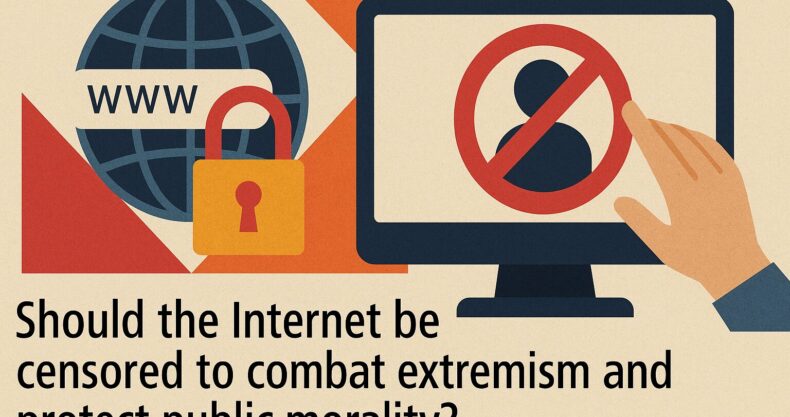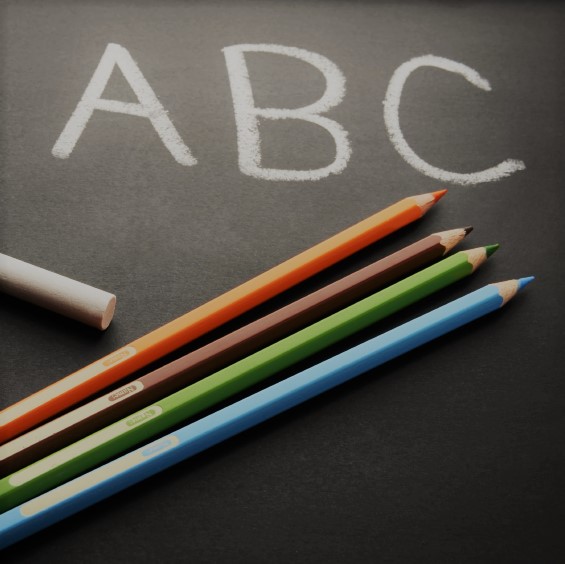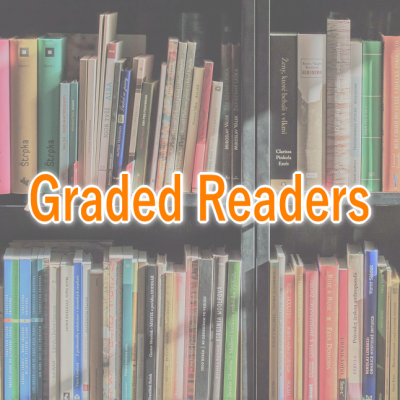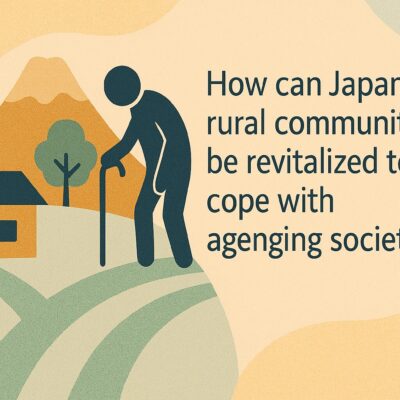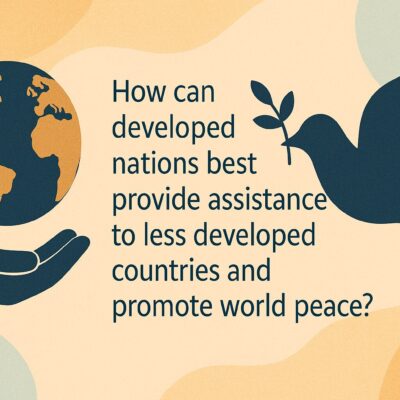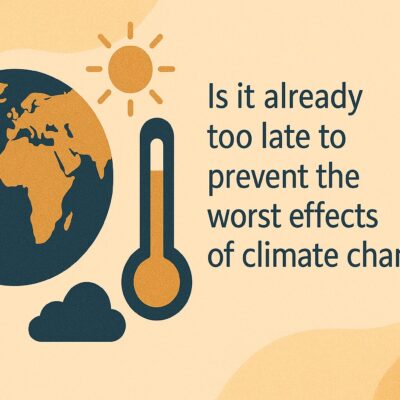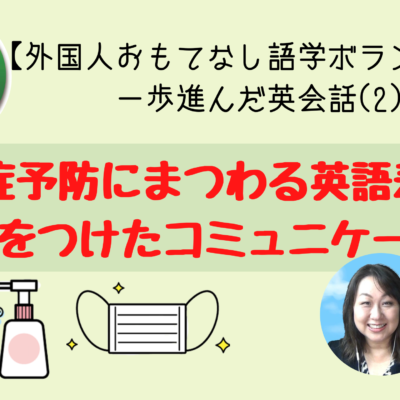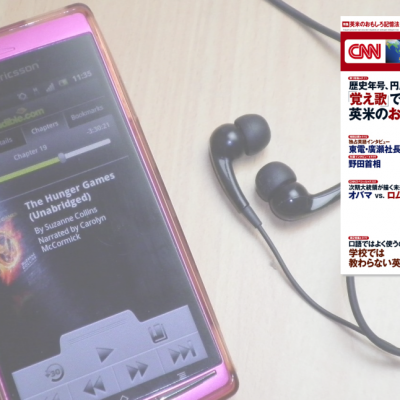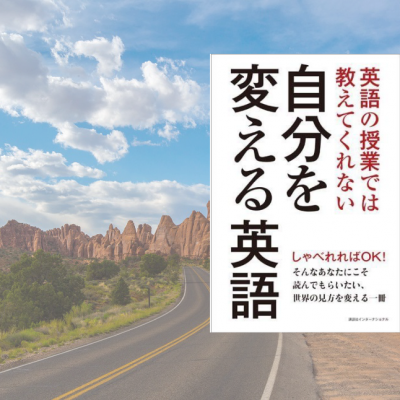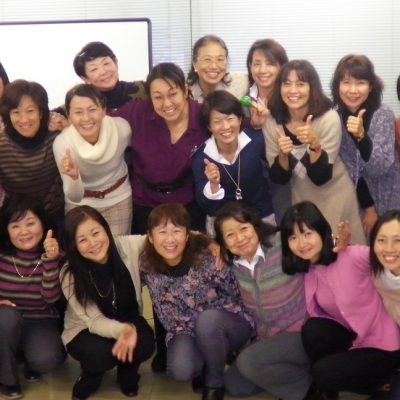トピック: Should the Internet be censored to combat extremism and protect public morality?
1. 英語のみバージョン (English Only Version)
1.1. 検閲に賛成 (For Censorship – Affirmative View)
Introduction & Opinion
The topic is about whether the Internet should be censored. I believe that some censorship is necessary to protect society from extremism and harmful content. The Internet cannot be a completely free space.
Reason 1: Combating Extremism
First, censorship is needed to combat extremism. Terrorist groups and hate groups use the Internet to spread their dangerous ideas and recruit new members. By blocking these websites and removing harmful posts, governments can prevent violence and protect national security. This is a matter of public safety.
Reason 2: Protecting Public Morality
Second, censorship helps to protect public morality, especially for children. The Internet is full of illegal and harmful content, such as child pornography and extreme violence. Filtering this content is a responsibility of the government to ensure a safe environment for young people. Parents cannot always monitor everything their children see online.
Conclusion
In conclusion, while freedom of speech is important, public safety and the protection of children must come first. Therefore, a reasonable level of Internet censorship is justified and necessary.
1.2. 検閲に反対 (Against Censorship – Negative View)
Introduction & Opinion
The topic is about whether the Internet should be censored. I believe that Internet censorship is a dangerous step that threatens freedom of speech and democracy. The Internet must remain an open platform.
Reason 1: Violation of Free Speech
First, censorship is a violation of free speech. The right to express one’s opinion, even unpopular ones, is a basic human right. If the government can decide what is “extremism” or “immoral,” it can easily use that power to silence political opposition or hide the truth. This is a threat to democracy.
Reason 2: Questionable Effectiveness
Second, censorship is often not effective. People who want to spread harmful content will always find ways around the blocks, using VPNs or new platforms. Also, censorship can accidentally block useful information, such as news or educational materials. Instead of censorship, we should focus on digital literacy to teach people how to think critically about what they see online.
Conclusion
In conclusion, the risks of censorship, such as the loss of freedom and the potential for abuse of power, are too great. We should trust people to use the Internet responsibly and focus on education, not control.
2. 注釈付きバージョン (Annotated Version)
2.1. 検閲に賛成 (For Censorship – Affirmative View)
導入と意見 (Introduction & Opinion)
The topic is about whether the Internet should be censored (検閲される). I believe that some censorship is necessary (必要な) to protect society from extremism (過激主義) and harmful content (有害なコンテンツ). The Internet cannot be a completely free space (完全に自由な空間).
理由1: 過激主義との闘い (Combating Extremism)
First, censorship is needed to combat (戦う) extremism. Terrorist groups (テロリスト集団) and hate groups use the Internet to spread their dangerous ideas and recruit (募集する) new members. By blocking these websites and removing harmful posts, governments can prevent violence and protect national security (国家の安全保障). This is a matter of public safety.
理由2: 公衆道徳の保護 (Protecting Public Morality)
Second, censorship helps to protect public morality (公衆道徳), especially for children. The Internet is full of illegal and harmful content, such as child pornography and extreme violence. Filtering (フィルタリング) this content is a responsibility of the government to ensure a safe environment for young people. Parents cannot always monitor (監視する) everything their children see online.
結論 (Conclusion)
In conclusion, while freedom of speech is important, public safety and the protection of children must come first. Therefore, a reasonable level of Internet censorship is justified (正当化される) and necessary.
2.2. 検閲に反対 (Against Censorship – Negative View)
導入と意見 (Introduction & Opinion)
The topic is about whether the Internet should be censored. I believe that Internet censorship is a dangerous step that threatens (脅かす) free speech (表現の自由) and democracy. The Internet must remain an open platform.
理由1: 表現の自由の侵害 (Violation of Free Speech)
First, censorship is a violation (侵害) of free speech. The right to express one’s opinion, even unpopular ones (不人気なもの), is a basic human right. If the government can decide what is “extremism” or “immoral,” it can easily use that power to silence (黙らせる) political opposition (政治的反対派) or hide the truth. This is a threat to democracy.
理由2: 効果の疑問 (Questionable Effectiveness)
Second, censorship is often not effective (効果的な). People who want to spread harmful content will always find ways around the blocks (ブロックを回避して), using VPNs or new platforms. Also, censorship can accidentally block useful information, such as news or educational materials. Instead of censorship, we should focus on digital literacy (デジタルリテラシー) to teach people how to think critically (批判的に) about what they see online.
結論 (Conclusion)
In conclusion, the risks of censorship, such as the loss of freedom and the potential for abuse of power (権力乱用の可能性), are too great. We should trust people to use the Internet responsibly and focus on education, not control.
注釈リスト (Annotations List)
| 英語 (English) | 日本語訳 (Japanese Translation) |
| censored | 検閲される |
| combat | 戦う |
| extremism | 過激主義 |
| public morality | 公衆道徳 |
| necessary | 必要な |
| harmful content | 有害なコンテンツ |
| completely free space | 完全に自由な空間 |
| terrorist groups | テロリスト集団 |
| recruit | 募集する |
| national security | 国家の安全保障 |
| filtering | フィルタリング |
| monitor | 監視する |
| justified | 正当化される |
| threatens | 脅かす |
| violation | 侵害 |
| free speech | 表現の自由 |
| unpopular ones | 不人気なもの |
| silence | 黙らせる |
| political opposition | 政治的反対派 |
| effective | 効果的な |
| around the blocks | ブロックを回避して |
| digital literacy | デジタルリテラシー |
| critically | 批判的に |
| potential for abuse of power | 権力乱用の可能性 |


